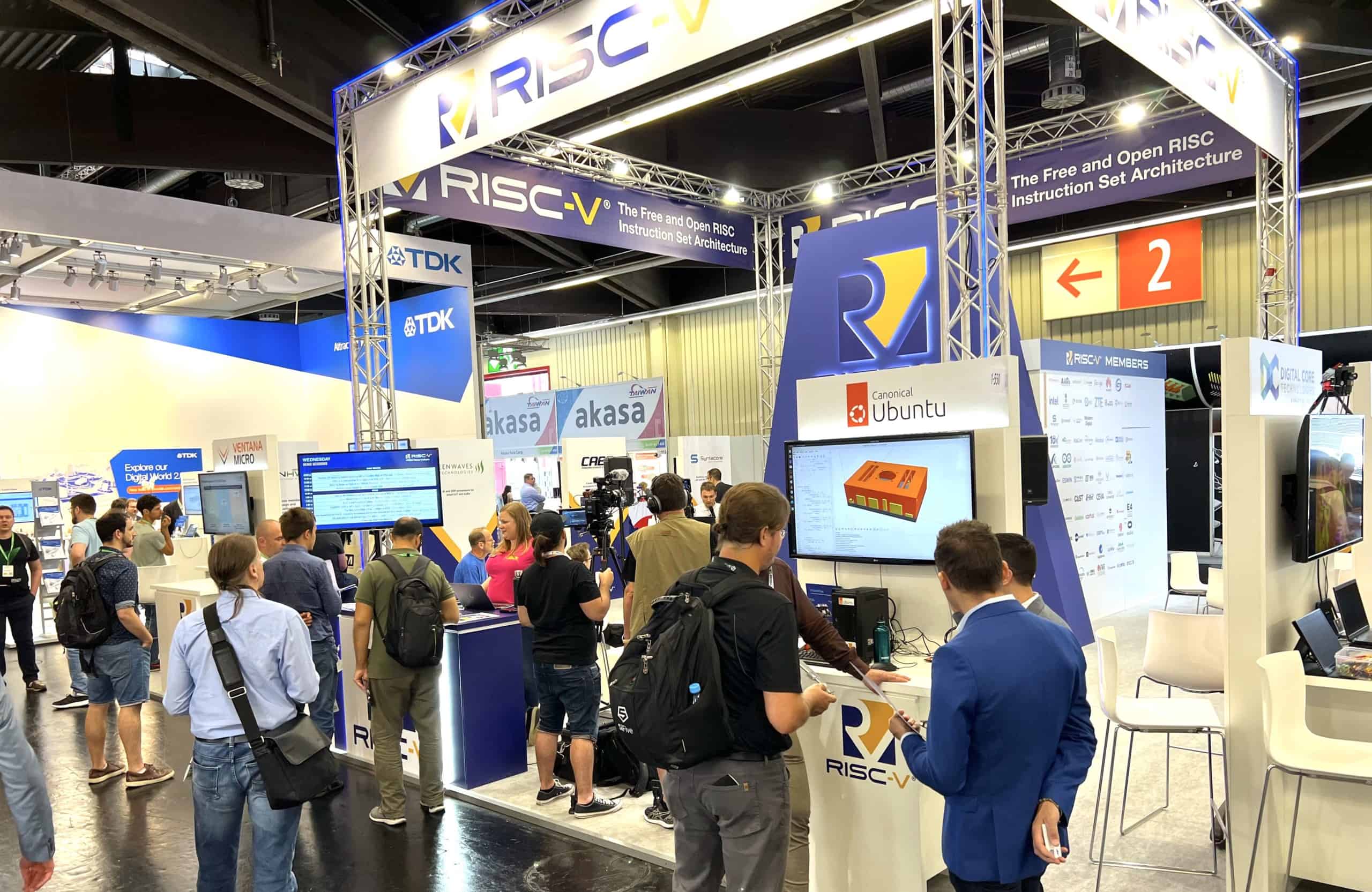As China pushes for semiconductor self-sufficiency, it’s found an unlikely ally: an international foundation dedicated to open source technology, with its origins in California’s libertarian computer culture.
When it comes to a core chip element known as “instruction set architecture,” the vital semiconductor component that allows a chip’s hardware and software to communicate, the global market is locked up by two companies: the U.S.’s Intel, which dominates computing, and Arm, a
Subscribe or login to read the rest.
Subscribers get full access to:
- Exclusive longform investigative journalism, Q&As, news and analysis, and data on Chinese business elites and corporations. We publish China scoops you won't find anywhere else.
- A weekly curated reading list on China from Andrew Peaple.
- A daily roundup of China finance, business and economics headlines.
We offer discounts for groups, institutions and students. Go to our
Subscriptions page for details.


